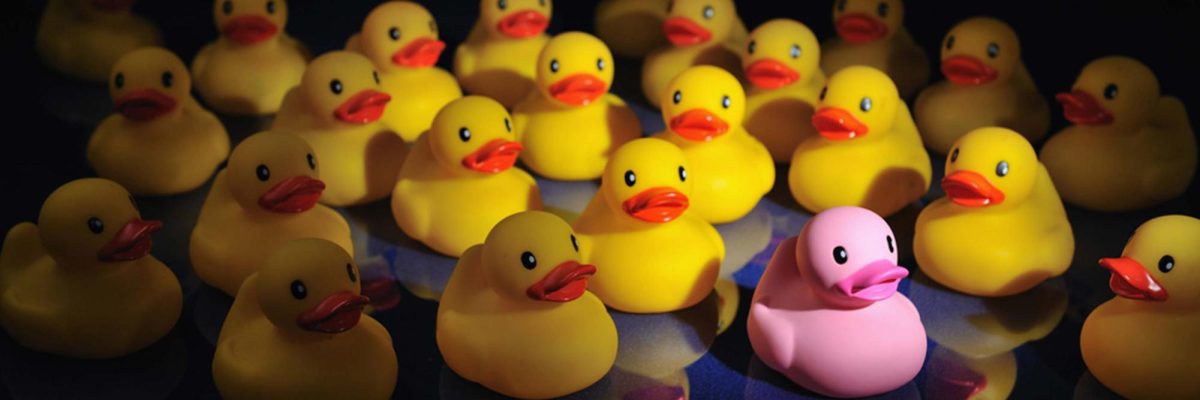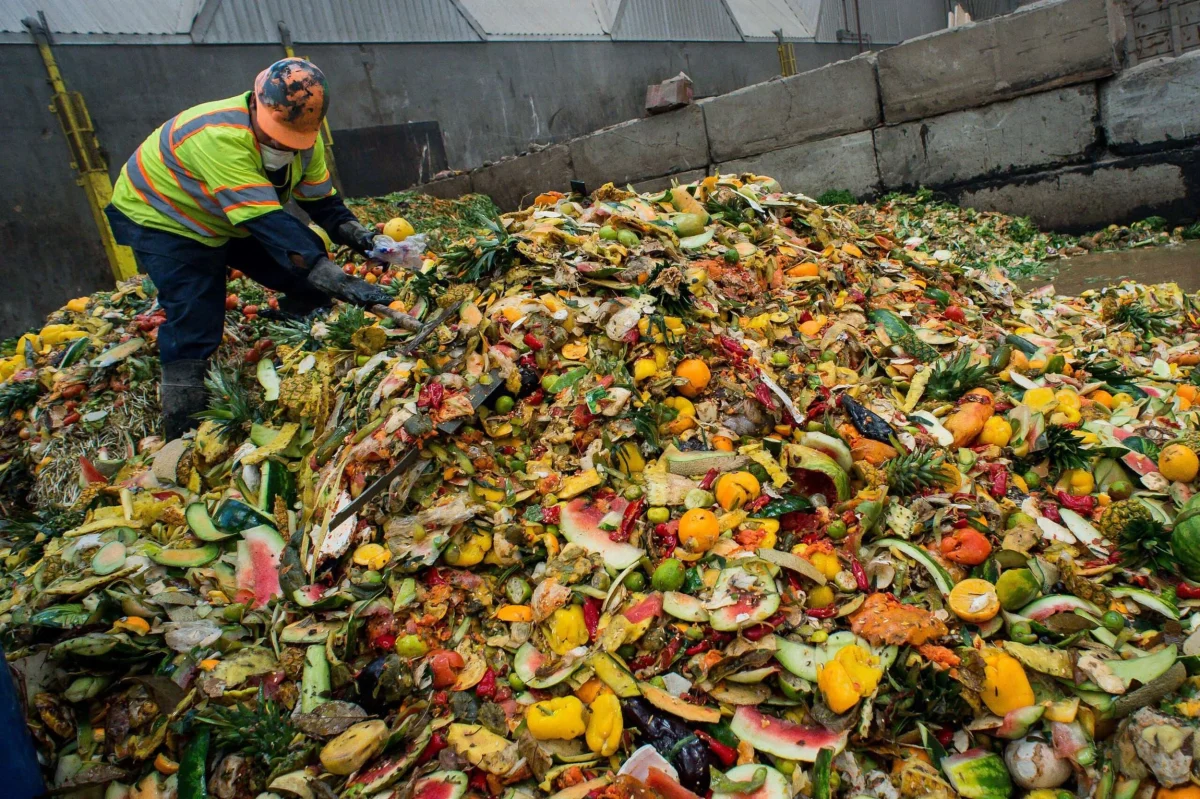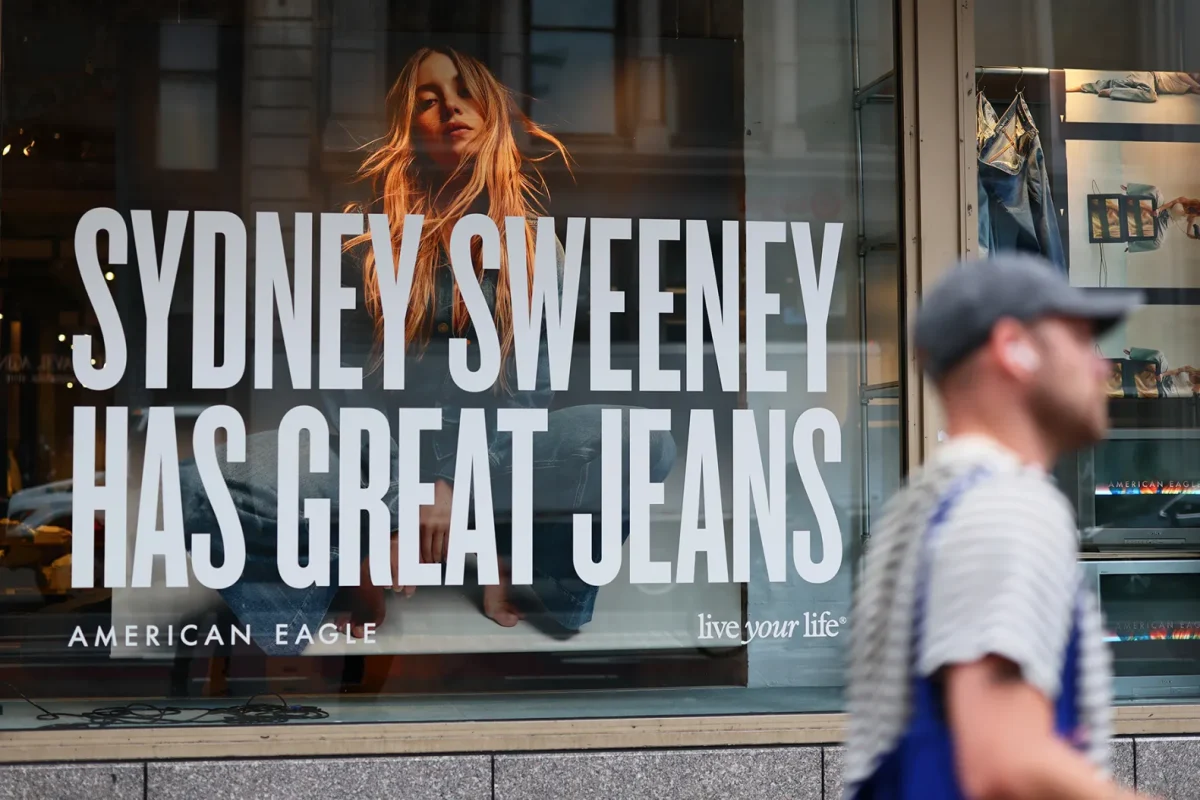Recently on TikTok, famous influencer and Lgbtq+ icon Dylan Mulvaney has been the center of criticism yet again, this time for the release of her first song, “Days of Girlhood.” The song is Named after her more than year-long series detailing her personal experience of girlhood.
However, many people have found a problem with the song, claiming it reinforces negative stereotypes and isn’t a true-to-life portrayal of girlhood. Most people attack a specific verse where she describes a week of her life, which included not being able to get out of bed, picking up meds, retail therapy, and walks of shame. Many people also have a problem with the title itself “Days of Girlhood” as they say it implies that the experience she is singing about is a generalization of everyone’s experience of girlhood.
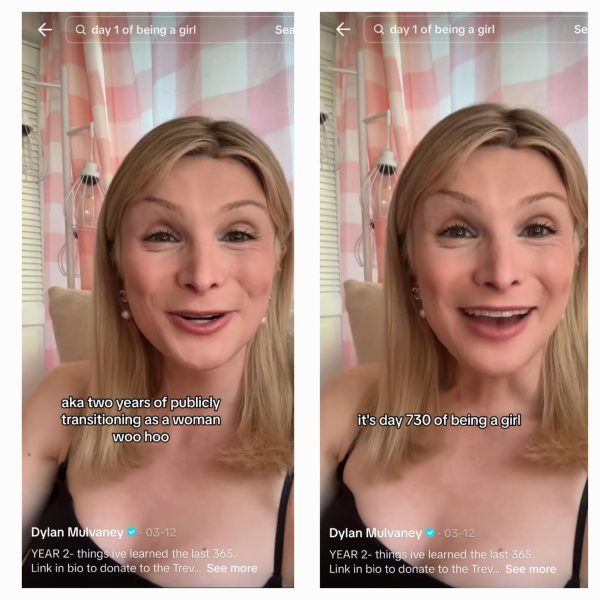
However that claim is wrong, as stated before, the title references her series on her TikTok account and her experience with days of girlhood so far. In other verses, she uses the words I’m, I’ll, me, and my multiple times. Furthermore, the line of picking up meds is most likely a reference to estrogen, cementing the song as her personal experience. Besides that, people were also stating that she was making a mockery of girlhood, as she hasn’t experienced “true” girlhood, which includes things like periods, childbirth, and the general difficulties that come with being a woman. People reference the song ‘Labour’ by Paris Paloma as a realistic representation of being a woman.
But to bash someone for supposedly making a caricature of girlhood while also making your own is incredibly hypocritical. There are and always will be women who never get their period, have kids, have never experienced harassment, and don’t ‘suffer’ in their womanhood. Does that make them less of a woman? No, so ultimately, a lot of what this criticism all boils down to is simply transphobia. Many other cis women have made songs with similar beats and similar lyrics, that are nothing more than fun pop songs that aren’t intricate introspections of womanhood. Yet you never see songs like those getting bashed as extremely as Dylan’s. And again why is that? It’s because Dylan is a transwoman.
Some people need to realize that the world does not revolve around them. Dylan making a song doesn’t affect or change your experience, and if it does, it’s far from her problem or her fault. Dylans only started transitioning roughly two years ago, so her experience is going to be limited and she isn’t going to have the experiences of someone who has experienced girlhood for more than 18, 19, or 20-something years. Which is fine, and people who bash her in the name of feminism aren’t doing much for feminism, considering they’re just limiting it to pain, suffering, and biological traits. Not everyone’s experience is the same, and trying to create rules and regulations for a group that makes up half of the world’s population is embarrassing and downright problematic.
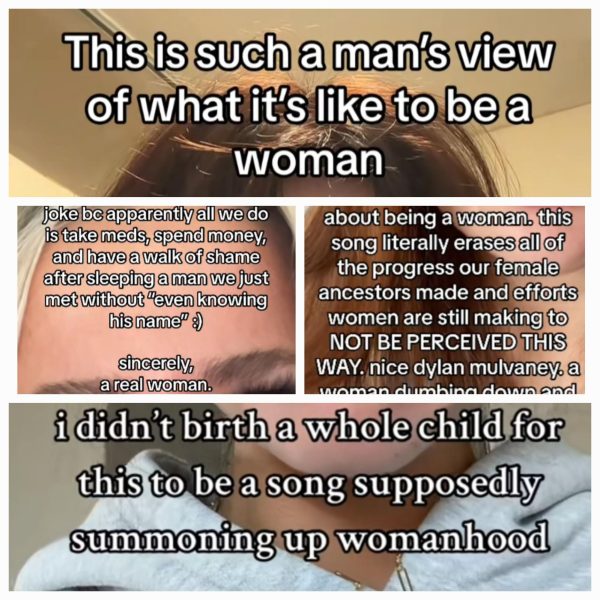
On another note, I think it’s important to point out that Paris Paloma herself, whose song many people hail as an anthem of womanhood, made a statement on the situation. Where she said
“. . . a reminder whilst this song is blowing up that anyone who uses it to ostracise trans women is not welcome here, “Labour” encompasses the experience of all women under patriarchy. That includes trans misogyny. Do not use this song to push a cis, white feminist, exclusionary agenda that incites hatred against trans women . . .”
So when a woman who has sparked so much talk around feminism and has inspired people to find their voices and share their own experiences and troubles speaks up against about the obvious discrimination happening, how does that make you feel as a feminist yourself?
So much of the hate for Dylan just stems from transphobia, and it’s incredibly disheartening to see. If someone else’s experiences threaten your feminity and womanhood, maybe you should reevaluate yourself and not go online to attack people you don’t even know. And maybe, just maybe, instead of devaluing and being discriminatory against trans women, you could be happy that that’s just one more woman in the world.


